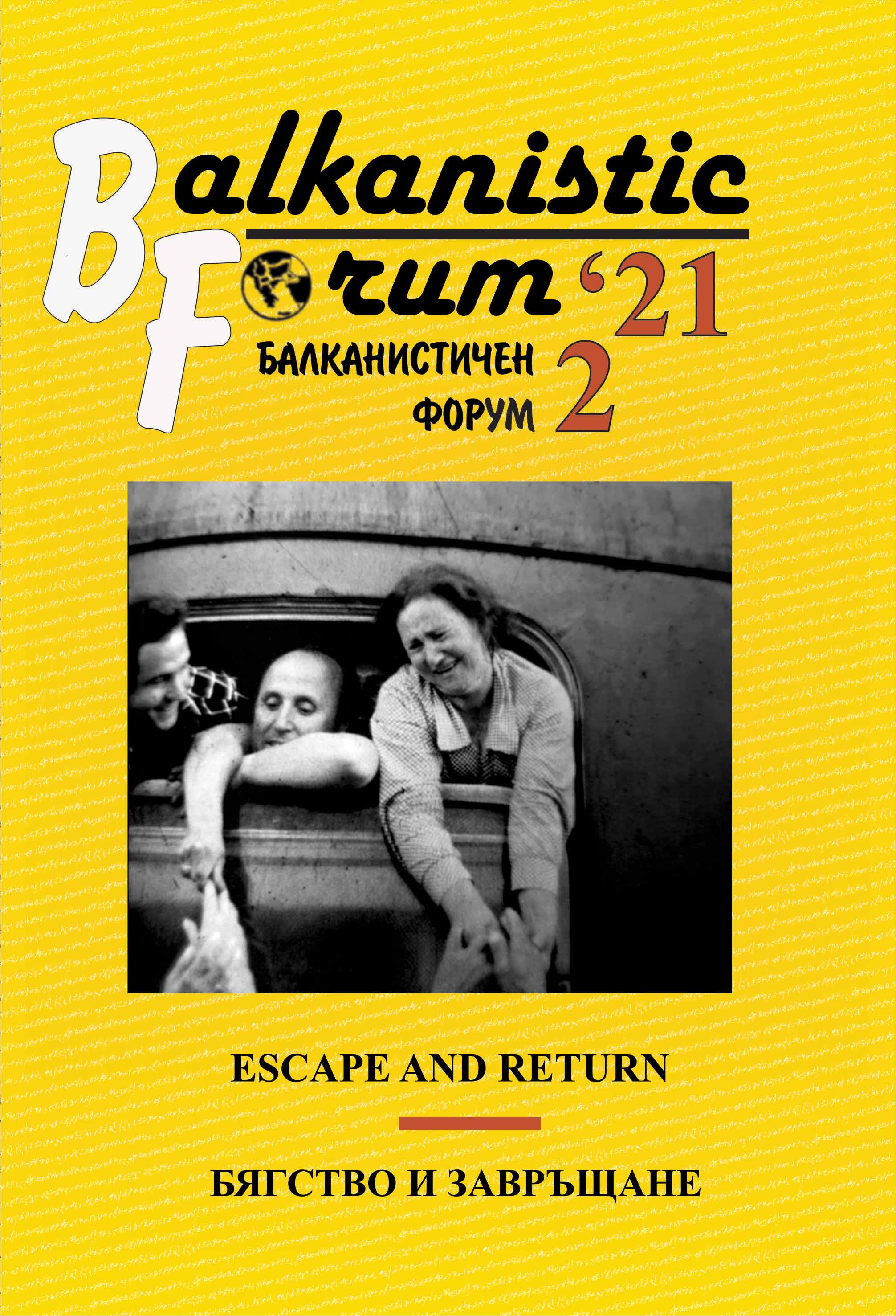To Reveal the Caucasus Cultures of XIX Century: Orientalism in Russian Caucasus War Period Travelogues
To Reveal the Caucasus Cultures of XIX Century: Orientalism in Russian Caucasus War Period Travelogues
Author(s): Dmitry Tkachenko, Tatiana KolosovskayaSubject(s): History, Language and Literature Studies, Cultural history, Studies of Literature, Ethnohistory, Social history, Russian Literature, Other Language Literature
Published by: ЮГОЗАПАДЕН УНИВЕРСИТЕТ »НЕОФИТ РИЛСКИ«
Keywords: North Caucasus; Caucasus War; travelogues; Orientalism; Romanticism; people of the North Caucasus; textual visualisation; ideological dogmas and cliché; Cossacks; Highlanders (mountaineers); Russian s
Summary/Abstract: The paper is concerned with the issue of textual visualisation of Caucasus in Russian travelogues performed in 1820-1830th – the decades of the Caucasus War escalation. Taken as example entries from the travelogues of I.T. Radojitsky and V.B. Bronevsky published in Russian Empire in early XIX c., the authors show deep connections of the outlook on the region and people inhabited it with the foundation of the Orientalism as an approach to describing native people of the Imperial frontier.The research underlines the importance of scrutinised study of travellers experience they endured on voyages by the Caucasus in deep connection with the political course on “pacifying” the region, proclaimed by the Imperial authorities. Racy images of the Cossacks, Russian settlers, native peoples and “unpacified” highlanders were performed in order to legislate the Imperial annexation of lands and their acquisition by Russian civilisation. Together with the motives of showing huge contrast between the pastoral life of Russian peasants and towns dwellers with the backwardness of the natives, matched the common ideas of European colonialism, the authors show public awareness of the “unpacified” highlanders expressed by the travellers in the image of “a Circassian”. We traced features of Russian literature Romanticism in the travellers depicture of a Highlander as a “noble savage” did for a living by robs and plunders. The authors came to the conclusions that images, elaborated by Russian travellers and righters were utter vivid and influenced on the perception of the region by Russian layman until the early XX c.The paper is concerned with the issue of textual visualisation of Caucasus in Russian travelogues performed in 1820-1830-th. – the decades of the Caucasus War escalation. Taken as example entries from the travelogues of I.T. Radojitsky and V.B. Bronevsky published in Russian Empire in early XIX c., the authors show deep connections of the outlook on the region and people inhabited it with the foundation of the Orientalism as an approach to describing native people of the Imperial frontier. The research underlines the importance of scrutinised study of travellers experience they endured on voyages by the Caucasus in deep connection with the political course on “pacifying” the region, proclaimed by the Imperial authorities. Racy images of the Cossacks, Russian settlers, native peoples and “unpacified” highlanders were performed in order to legislate the Imperial annexation of lands and their acquisition by Russian civilisation. Together with the motives of showing huge contrast between the pastoral life of Russian peasants and towns dwellers with the backwardness of the natives, matched the common ideas of European colonialism, the authors show public awareness of the “unpacified” highlanders expressed by the travellers in the image of “a Circassian”. We traced features of Russian literature Romanticism in the travellers depicture of a Highlander as a “noble savage” did for a living by robs and plunders. The authors came to the conclusions that images, elaborated by Russian travellers and righters were utter vivid and influenced on the perception of the region by Russian layman until the early XX c.
Journal: Балканистичен Форум
- Issue Year: 30/2021
- Issue No: 2
- Page Range: 74-86
- Page Count: 13
- Language: English
- Content File-PDF

